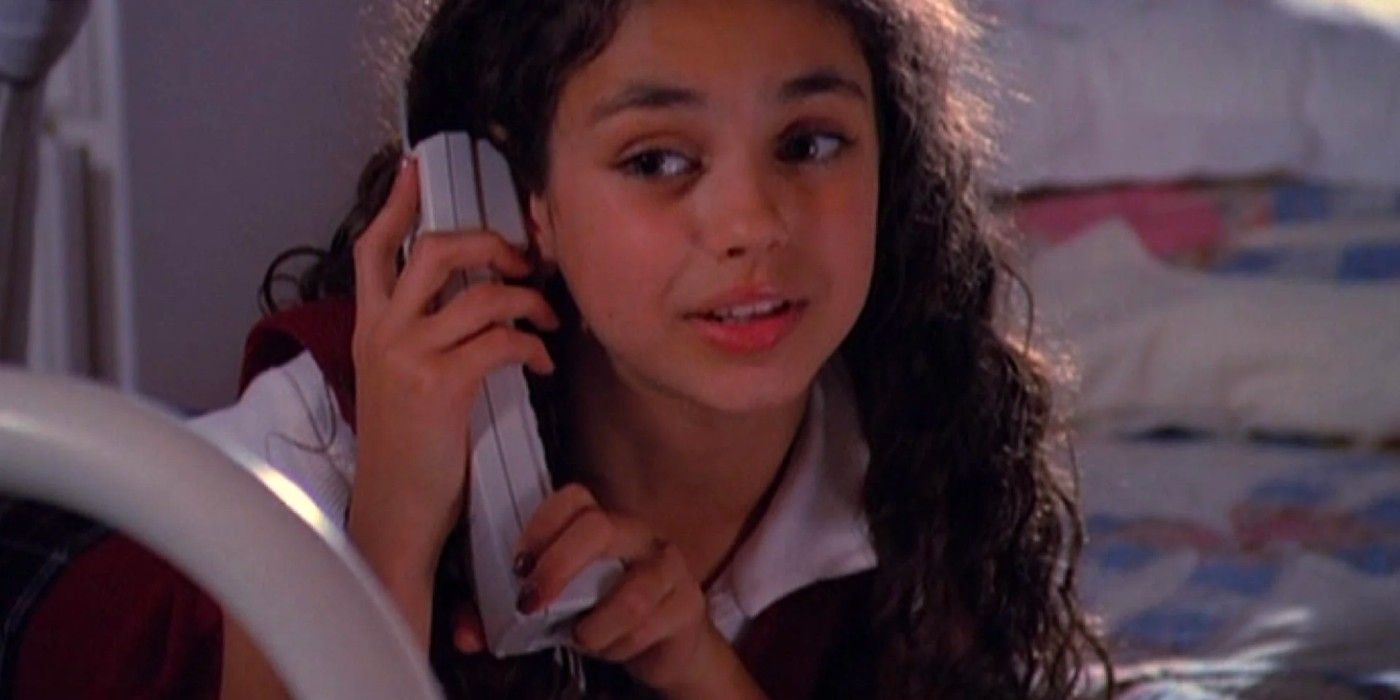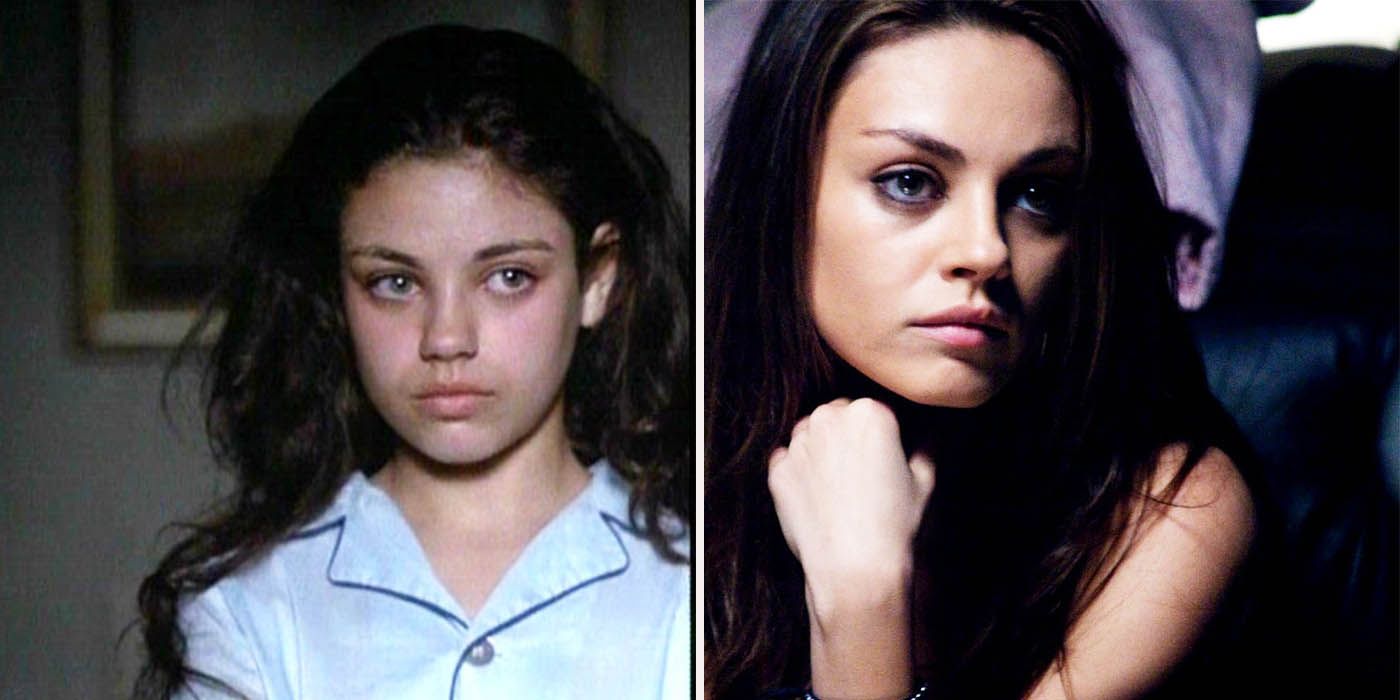Mila Kunis talks about getting cast in one of her early roles on the long-running family drama 7th Heaven, revealing she was cast due to the color of her hair. Premiering in 1996, Kunis only appeared in 4 episodes of the first season before being cast in her breakout role on That '70s Show. Since then, Kunis has continued her successful career through her roles in Black Swan, Friends with Benefits, and Oz the Great and Powerful.
7th Heaven followed the Camden family as parents Eric and Annie raised 7 children ranging in age from babies to adults. Kunis played Ashley, a friend of Lucy Camden and a stereotypical mean girl who would cause trouble in the Camden house. Kunis was 13 when she got cast in 7th Heaven, a year before she infamously lied about her age to be cast on That '70s Show.
While talking to Vanity Fair, Kunis reveals that she got cast on the show due to the color and style of her hair. She goes on to say that, at the time, the mean girl stereotype was associated with dark hair, while the more wholesome girls had blonde hair. She implies that a lot of the roles she got sent out for early in her career were of the same type. Read her quote below:
I think as a kid, the 'bad girls' were the ones with the darker hair, and like the more relatable all-American gals were the blonde ones. So I clearly wasn't that. So I ended up as a young kid being like the 'cool girl' or the 'bad girl' cause I had dark hair that happened to be curly.
Why Hair Color Typecasting Spreads The Wrong Message
Typecasting based on physical appearance is a dated and harmful way to cast projects, leaning on preferences for physical features rather than who has the acting talent for the role. Nevertheless, it's interesting how dark hair was associated with mean girls in the 1990s, whereas the success of 2004's Mean Girls completely inverted the stereotype, changing the association to blonde girls. Kunis herself doesn't seem bothered by the typecasting, and her successful career as an adult since then speaks for itself.
Typecasting physical appearances for acting roles have been a part of the industry since its inception, but its philosophy goes against the very idea of performance, where it shouldn't matter what physical features the actor has, but whether they're the best at acting in the role. This results in many actors being rejected from parts due to characteristics they can't control, and though hair color can be easily changed, others like height, build, face shape, and voice cannot. Though it's unlikely Hollywood will end its looks-obsessed manner anytime soon, Kunis rose above her typecasting on 7th Heaven and became one of Hollywood's most beloved stars along the way.
Source: Vanity Fair


